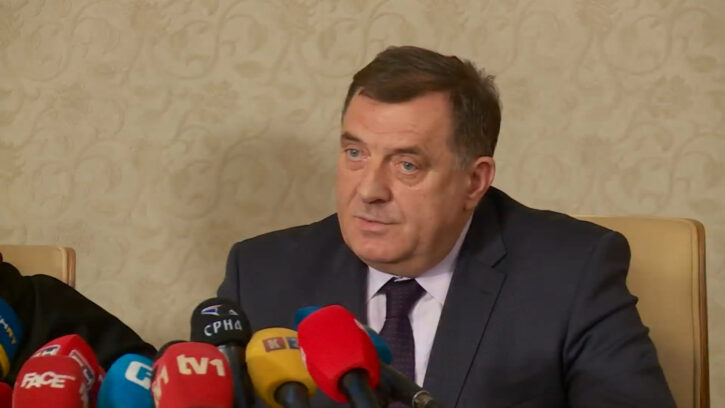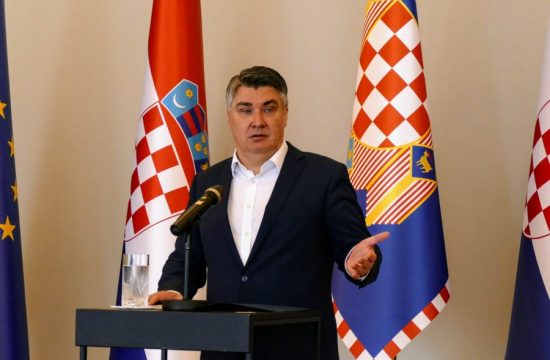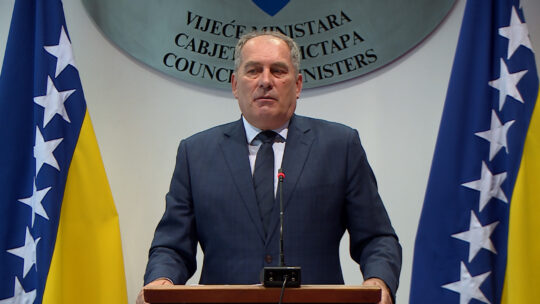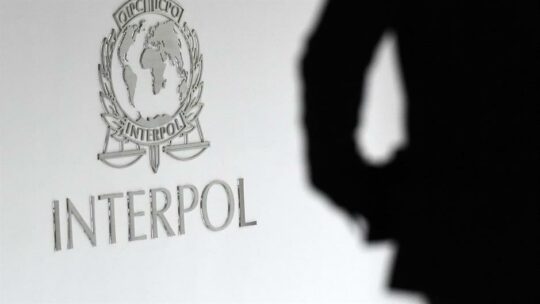
The coalition agreement with the Croat Democratic Union (HDZ BiH) does not mean an agreement against a third party, said Milorad Dodik, Bosnian Serb leader and the newly elected member of Bosnia and Herzegovina’s tripartite Presidency.
Following a meeting with HDZ BiH leader Dragan Covic, whom he met in Istocno Sarajevo on Monday to discuss future cooperation, primarily a partnership in the post-election formation of authorities, Dodik said they would invite “the third one to join them in solving the accumulated problems together.”
“We believe that sovereignty of Bosnia and Herzegovina might be strengthened if the local institutions and political representatives took the responsibility,” said Dodik, the leader of the Alliance of Independent Social Democrats (SNSD).
“We agreed with HDZ to go together towards the formation of authorities at all levels in Bosnia and Herzegovina, from the cantonal to the level of Bosnia and Herzegovina,” Dodik told reporters after the meeting.
Dodik was elected in the October 7 general election to represent the Serb people in the Bosnia’s state Presidency. On the other hand, Dragan Covic lost to his main opponent, social-democrat Zeljko Komsic in the race for the Croat member of the Presidency.
Despite the defeat in the Presidency, Covic’s HDZ BiH won a considerate number of seats in the parliaments at all levels of authority, which provided the party with a significant role in the post-election talks on the formation of the government.
Bosnia’s state Presidency consists of three members, each representing three major groups in the country – the Bosniaks, the Serbs and the Croats. The Bosniak and Croat members are elected in the Federation entity, while voters in RS entity elect the Serb member.
Addressing the media after the meeting, Covic said he would meet representatives of the Bosniak political parties in the following days. He named the electoral legislation reform a top priority in the post-election period.
“The Bosniak partner will have to think in a similar way”, stressed Covic.
“We will seek the partners with whom we need to reach agreements on solving the crucial issues,” he added.
The HDZ BiH leader has been strongly advocating Bosnia’s Election Law changes in a way which, as he said, would secure that one people does not elect representatives in authority to another people. Current legislation, according to him, enabled the Bosniaks to give their vote to his opponent Zeljko Komsic, the new Croat member of the Presidency.
For this reason, Covic emphasised on several occasions in the post-election period that formation of authorities will not be possible before the Election Law is amended.
“As for our talks, they head towards the direction where the Election Law is a necessity. We refuse to make bids regarding the Election Law changes. Our partner among Bosniaks will have to think in a similar way,” he underlined.



